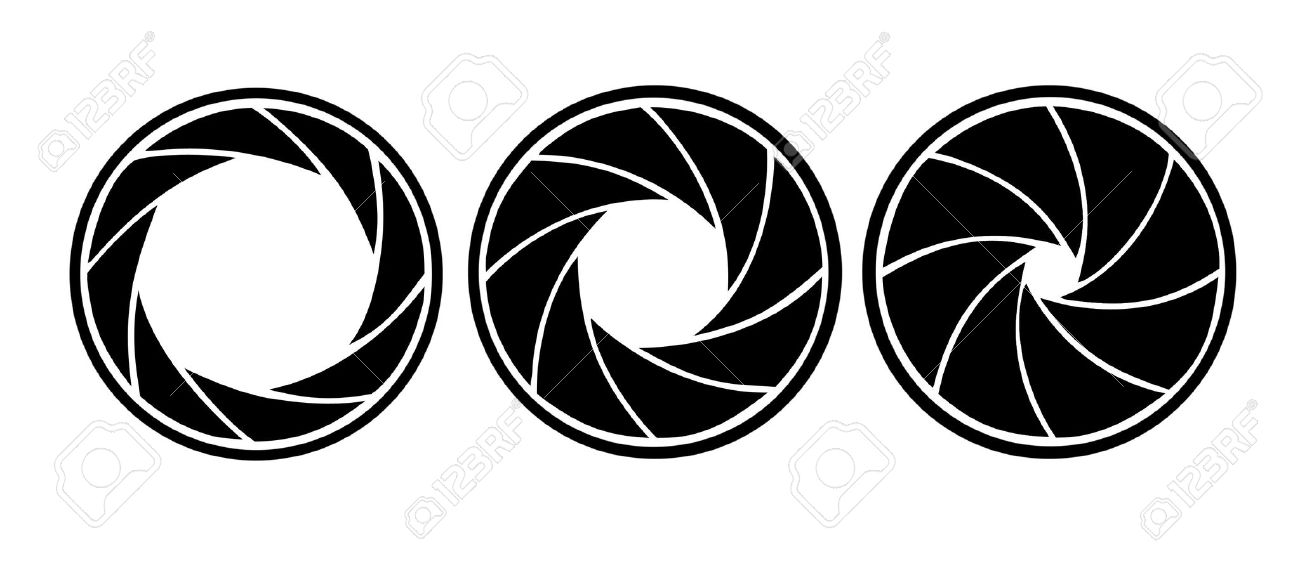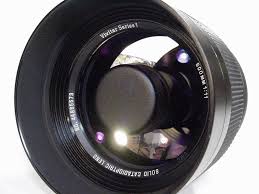Lens focusing and bokeh
There are a few things going on when a lens refocuses.
Bokeh
Lens flares
lens breathing, symmetrical and asymmetrical
When a lens defocuses, the appearance of the defocus is called bokeh. If the iris blades of the lens are hexagonal, then the bokeh will also be hexagonal. If the iris blades are round, then the bokeh will be round. If the iris blades are shaped like a heart, then the bokeh will be heart shaped.
Long lenses, like astronomical telescopes, are often mirror lenses or cadiotropic. These have a doughnut shaped bokeh, because the optical path is doubled back and there is a small mirror in the center that occludes the bokeh.


When you focus a lens, there is a slight change in zooming or magnification. This is called lens breathing or bellows extension.
In a spherical lens the breathing is symmetrical, but in an anamorphic lens the zooming will be quite different horizontally and vertically. In 3DE, this is called X-stretch and y-stretch.
https://vimeo.com/18345574
In a simple lens like a spherical Primo, the lens breathing is a simple formula. At infinity, the focal length will be the nominal value, e.g. 100mm. As the lens close focuses, the focal length will increase. So when close focused, a 100m lens might zoom (breathe) to 110mm.
On more complicated lenses, like zooms and floating element designs, the lens breathing might be completely different, since there are complex lens groups inside the lens counter animating one another's motion. In a simple lens all of the glass is moved in unison towards and away from the sensor and the basic bellows extension formula is followed.
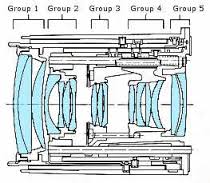
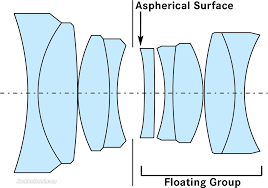
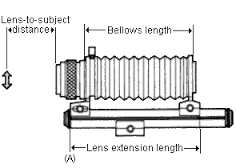
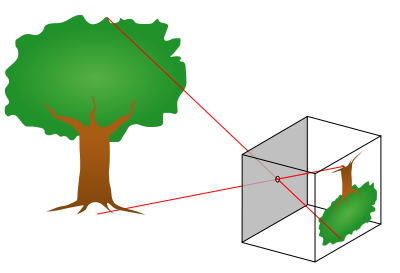
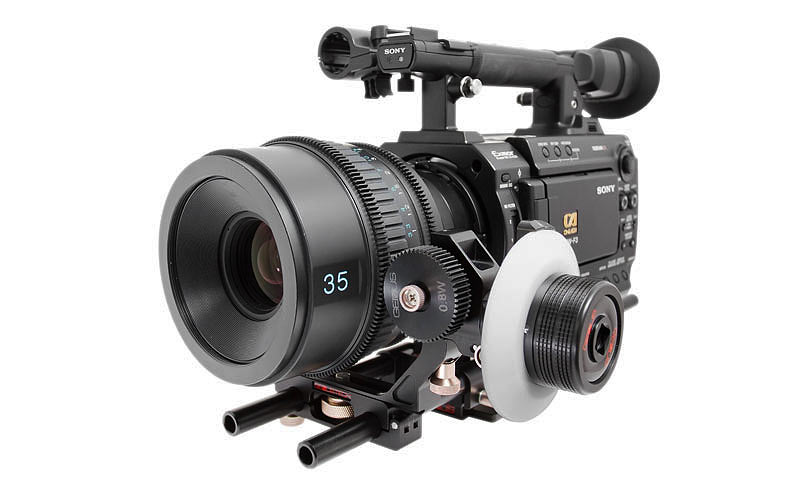
https://www.google.co.in/search?q=bokeh&biw=1920&bih=871&tbm=isch&tbo=u&source=univ&sa=X&ei=5XOIVfvEB4WHuASTjIH4Cw&ved=0CBwQsAQ&dpr=1
https://www.redgiant.com/products/knoll-light-factory/
Lens displacement for focus closer than infinity
Right Click And Save As:
Excel spreadsheet for lens breathing
This calculates lens "breathing" for a simple lens like a Panavision spherical Primo
D = displacement of lens
f = focal length of lens
a = distance of focus
D = f2/(a-f)
effective focal length of lens = nominal lens focal length (at infinity) + D


